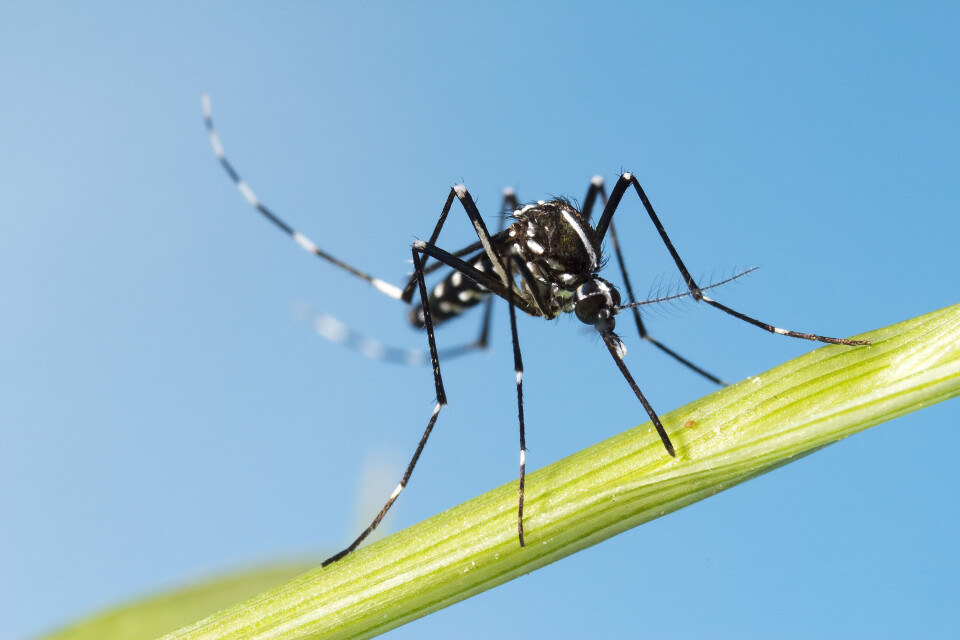-
UK’s ETA transition period ends: what changes for residents of France?
Rules have been toughened for those with dual UK or Irish and another citizenship
-
Quotas for wolf shootings relaxed after rise in attacks in France
Farming unions say the changes do not go far enough
-
28.3C: new February temperature record set in south-west France
Records broken across the country but risk of late frosts remains
New dengue fever case in France, victim had not travelled to risk area
The case in Hautes-Pyrénées may have come from a tiger mosquito which had already bitten a person infected while travelling

A new case of dengue fever has been detected in Hautes-Pyrénées (Occitanie), and the person in question had not travelled to a high-risk country.
The infected person lives in a small village called Andrest, to the north of Tarbes, and mosquito eradication is currently being carried out in the area.
Occitanie’s Agence régionale de santé has confirmed that the person had not recently travelled to a country where the virus is active.
It added that the person’s condition is not causing concern among medical staff.
The mayor of Andrest, Louis Dintrans, told France 3: “This year, we have been invaded by tiger mosquitoes. There are more than in previous years.
“It is a real plague on the commune! We really must take the appropriate measures to prevent their spread.”
He added that residents should make sure that there is no standing water in plant pots, gutters or other receptacles in their gardens as these are the types of places where mosquitoes breed.
Although the source of this latest infection is unknown, it is believed that the person could have been bitten by a mosquito which had already bitten someone with the virus.
If someone travels to a country where dengue is caught more commonly and contracts the virus themselves before returning to France, they can pass it on to any mosquitoes that bite them in their home country.
After a few days, these mosquitoes will be able to pass the virus on to other people that they bite.
The resulting dengue case is described as being ‘indigenous’.
What is dengue?
Dengue fever is carried by tiger mosquitoes, normally in Asia, the Americas or the Caribbean.
Symptoms include a high temperature, headache, pain behind the eyes, muscle pain, weakness, nausea and a red rash.
The virus’ incubation period is about five to eight days and symptoms normally last for a further week before going away on their own.
In some people the infection can be very serious and even life threatening, but this is not normally the case.
There is no specific vaccine or treatment for dengue, so the only way to avoid it in high-risk areas is to prevent mosquito bites.
Related articles
Rare case of ‘indigenous’ dengue confirmed in south of France
Mosquitoes make their return in France: Tips on keeping them away
























